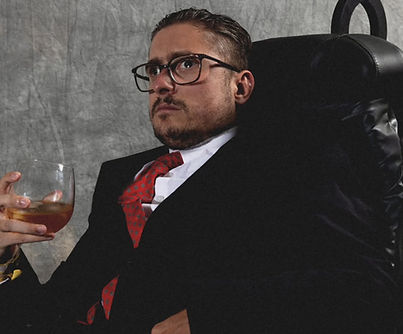
Our Story
It is incredible how one small idea can grow into something truly special. Don't Call Me Special was launched from the passion and dedication of Joshua Reeves. Drawing on his own experience as a wheelchair user, Joshua began visiting primary schools to help children understand discrimination and that disabled people are the same as everyone else.
Don’t Call Me Special was founded by Joshua Reeves BEM in 2015, firstly as a
campaign to educate children and young adults on the rights of disabled people and
the social model of disability, the campaign has needed a new direction to flourish as
a constituted group to expand the impact of disability awareness
Joshua has taken the campaign globally with the ‘Commonwealth Youth Council’ to address the marginalisation of people with disabilities in the Commonwealth’s 52 countries. Visiting Antigua, Joshua taught young children and adults about disability rights and awareness and his work was commended by the Antiguan High Commissioner, Her Excellency Karen-Mae Hill.
Don't Call Me Special is rooted in the belief that we all have an inherent responsibility to make a meaningful difference across our community. With a variety of active projects, we harness our skills and resources to successfully achieve our goals.
Since our founding in 2015, we have been proud to witness how our campaigns and activities have benefitted the disabled community and beyond.
Vision

Commitment, transparency, equality. These three values have stood at the centre of the Don't Call Me Special mission since our founding in 2015. We wholeheartedly commit to the work we do with passion and dedication, transparently sharing it with the community and inviting others to take part. On top of this, we challenge ourselves to think creatively, applying a creative and exclusive approach to all that we do. This mission drives the continued success of Don't Call Me Special.
Meet Our Team
Our dedicated team at Don't Call Me Special is committed to advocating for disability rights and promoting inclusivity.
_edited_edited.png)


